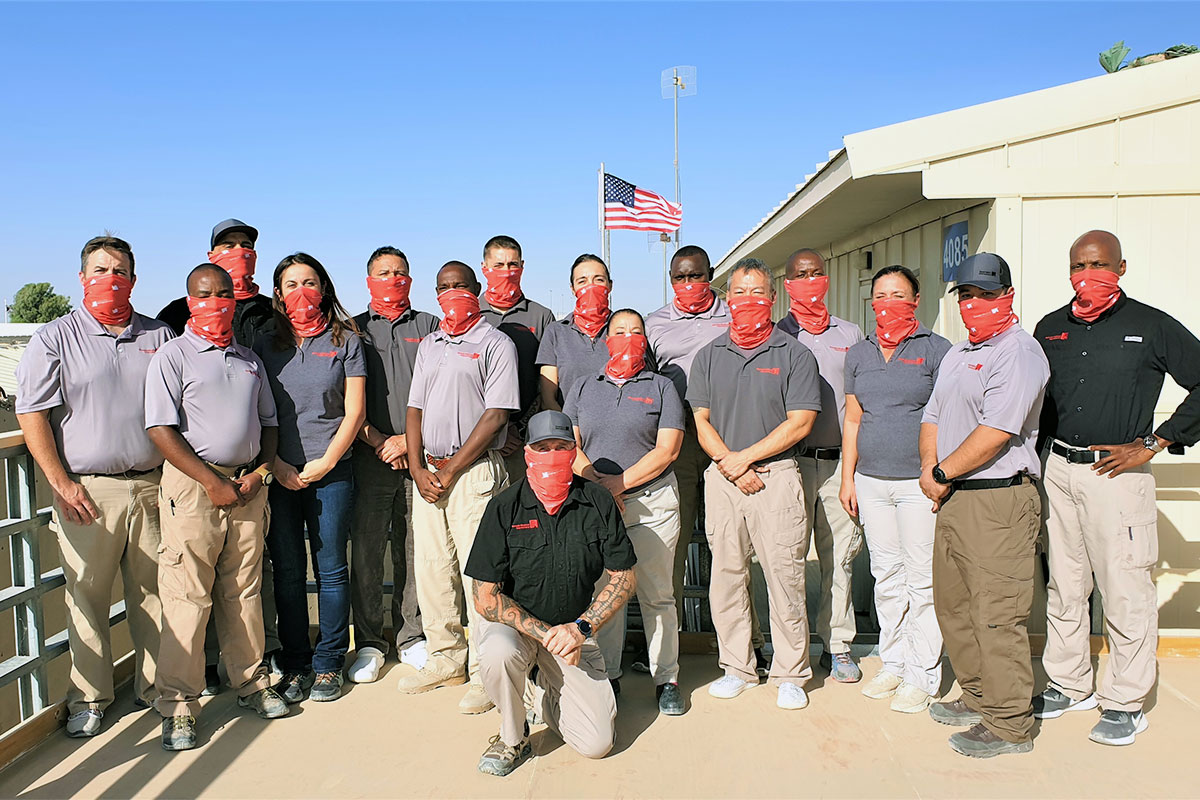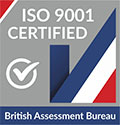
The first and easiest way to choose is to look at where,, how and why you find yourself in remote environments. Do you backpack, climb, or paddle or are you working in the outdoor industry and need training for employment? If you are an outdoor educator or mountain guide, the Wilderness First Responder course is the standard in the industry and in many cases, a requirement for employment. If you are looking to start a career in emergency medicine or as a remote site medic, such as ski patrol, a climbing ranger or Ambulance EMT, the Wilderness EMT is a solid way to start.
Often, US Forest Service and National Park personnel are required to have Wilderness First Aid, though many times the agency you work for will provide this course for you.
For individuals looking for training in wilderness medicine – we have the following recommendations:
If you:
- Are a recreational hiker, boater, climber and/or skier
- Are occasionally more than two hours or more from the hospital (time calculated from onset of injury)
We recommend the Wilderness First Aid or “WFA”
- 16 hour course
- Provides student with strong basic skills far beyond those taught in basic first aid
- Examples of skills taught: long term wound care; joint relocation; patient assessment; assessment and recognition of medical conditions including cardiac issues, respiratory emergencies, allergic reactions; building medical kits; splinting fractures and taping joint injuries.
If you:
- regularly recreate or travel far from medical care or in developing countries
We recommend the Wilderness First Responder
- 80 hour course
- Provides skills to deal with the majority of medical emergencies as well as common medical complaints
- Examples of skills taught: all skills taught in WFA, wound closure, fracture management, dislocations
- Taught by medical professionals experienced in providing medicine to patients in remote settings, on expeditions, search and rescue, and in our medical support division.
- Included in the course is the American Heart Association CPR for the Professional Rescuer which includes infant, child, and adult CPR, use of the bag-valve-mask and Automated External Defibrillator.
If you:
- Are a profession provider or preparing to be a professional provider of remote and wilderness care such as ski patrol, EMT-B on ambulances, remote medics in National Parks, wildland fire crews, or ambulatory services for outdoor related incidents
We recommend the Wilderness EMT Course
- Taught by doctors, nurses, paramedics, and experienced WEMTs
- Designed to give you a skill set based on years of real field experience
- Examples of skills taught: suturing, fluid resuscitation, eye emergencies, antibiotic and drug administration, foley catheters, orthopedic assessment and treatment, and other long-term care skills essential for a remote provider.
- To learn more about our Wilderness EMT course, please click here.
If you:
- Are an Advanced Life Support practitioner
We recommend the Remote Medicine for the Advanced Provider™
- This is a unique course that offers Advanced Life Support practitioners an opportunity to learn remote medicine with their peers.
- Taught entirely by ALS providers who work professionally in a remote setting with our Medical Support Division
- Examples of skills taugh: care for environmental emergencies, rescue care, and long term patient care with limited resources in an experiential setting.
- Continuing education credits are available for this course.
Whichever course you choose – you can be assured that we will provide a comprehensive curriculum to give you the confidence to venture further into the backcountry with a solid foundation of remote medical skills and knowledge. If you would like assistance is choosing a course that meets your needs, please feel free to contact us by clicking the link, or calling toll-free at (800) 597-4911.


